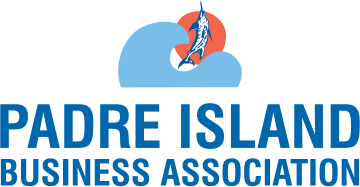BBB Column
The new year has started, and 2021 resolutions have been made. While many New Year’s goals focus on improving health and finances, consumers should also consider resolutions they can make to prevent fraud and protect their personal information.
In 2020, the top scams in Texas included government impostor scams, tech support scams and phishing scams. These, like most scams, have one thing in common: the goal is to steal your money and identity. Fortunately, there are small but effective steps you can take to keep yourself safe. Keep these tips from your Better Business Bureau in mind as you take on 2021:
- Be cautious with email. Scammers often utilize forms of communication like email or text to send consumers dangerous links that lead to malware and identity theft. If you receive an unsolicited message from an individual or organization, refrain from clicking on links or opening any attachments. Even if the sender appears to be a government agency or legitimate business, exercise caution.
- Never send money to strangers. If you have never met a person face-to-face, do not send them money. Scammers often reach out to victims over the internet with urgent, emotional appeals and sometimes go as far as building a personal relationship with them. Cut off contact with strangers asking for money online, especially if they are asking for a wire transfer, prepaid gift cards or other untraceable forms of payment.
- Do research when shopping online. Online shopping has increased dramatically since the start of COVID-19, and so have online purchase scams. Ask yourself some simple questions before you enter your credit card information. Is the site secure? Look for the lock icon next to the URL to check. Is the deal too good to be true? Comparison shop to get an idea of the average price for that item. What experiences have other customers had with this retailer? Check the company’s business profile at BBB.org to view their rating and read customer reviews.
- Think carefully before sharing personal information. Sharing personal information leaves you vulnerable to identity theft. Keep your banking information, Social Security number and Medicare private, even if you think you’re being contacted by a legitimate business or agency. Remember, most government agencies, like the SSA and IRS, will typically only contact you through the mail. It is also a good idea to avoid sharing personal identifiers such as your date of birth and address, as they can also be used to access more sensitive information.
- Use social media thoughtfully. Social media is a great way to stay connected with friends and family, but it is also a great way for scammers to reach you. Make use of privacy settings on your account, as an extra layer of protection. You should also be cautious when interacting with quizzes that ask for sensitive information or ads that may be trying to sell you counterfeit or defective products.
For more ways to stay safe this year, visit us at BBB.org.
